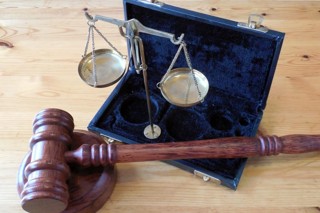The first large-scale securities lawsuit brought by institutional investors against Volkswagen AG has been filed in Germany.
Investor law firms have joined forces with German counsel to bring the action.
The suit, stemming from Volkswagen’s admitted use of emissions-cheating software in diesel-powered vehicles, was filed on behalf of 278 institutional investors around the world including the United States, Canada, the UK, Europe, Asia, and Australia.
The lawsuit, which seeks to recover losses of more €3.2 billion (£), was brought by German law firm TISAB, with the support of a legal and funding consortium made up of US securities class action law firms Grant & Eisenhofer P.A. and Kessler Topaz Meltzer & Check, LLP as well as international investor protection firm DRRT and Ireland-based litigation funding company Claims Funding Europe.
The investor suit, filed at the regional court in Brunswick on Monday alleges that Volkswagen breached its duties to investors by failing to timely publish information in connection with the company’s ‘dieselgate emissions scandal affecting at least 600,000 vehicles sold in the United States and roughly 11 million worldwide.
The affected VW diesel vehicles were sold with so-called defeat device software designed to fool motor vehicle emissions tests into calibrating approved levels of greenhouse gas exhaust while the cars were operating.
The consortium of law firms and funders will continue to coordinate and support further claims for institutional entities against Volkswagen AG in Germany under German law, and expect to file claims on behalf of additional institutions before mid-September 2016, when the statute of limitations on certain additional claims threatens to lapse.
> A German court has dismissed a Volkswagen customer's claim to cancel the purchase of his car, which was affected by the carmaker's emissions’ cheating software.
Reuters reports that Judge Ingo Streek at the regional court in Bochum said on Wednesday the owner of the Tiguan has no right to return the car.
The plaintiff has already said he would appeal the verdict at a higher court.




















Login to comment
Comments
No comments have been made yet.